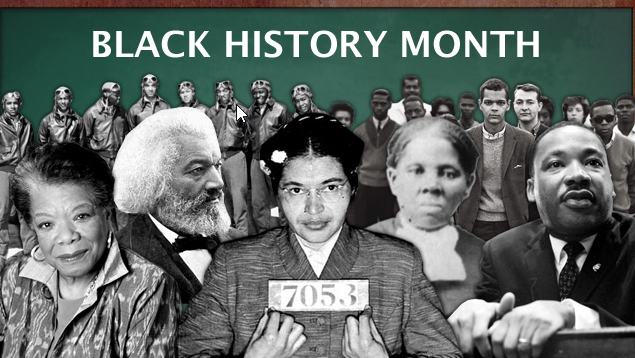Black History Month, also known as African American History Month, is a yearly observance in the United States and Canada to celebrate the contributions and accomplishments of black people throughout history.
The origins of Black History Month can be traced back to 1915 when historian Carter G. Woodson and the Association for the Study of Negro Life and History established “Negro History Week” to recognize the significant role of black Americans in shaping American history. This week was chosen because it coincided with the birthdays of Abraham Lincoln and Frederick Douglass, two prominent figures in black American history.
Over the years, the week grew in popularity, and in 1976, President Gerald Ford officially recognized February as Black History Month. This was in response to the growing demand for more recognition of black history and the achievements of black Americans.
Since then, Black History Month has become an important annual celebration, with events, exhibits, and educational programs held across the country to commemorate the rich cultural heritage and contributions of black Americans to society. These celebrations also serve as a reminder of the ongoing struggle for civil rights and racial equality.
Black History Month is not only a time to celebrate the achievements of black people but also to educate people about the history of racism and discrimination that black people have faced and continue to face. It is an opportunity for people of all races and backgrounds to come together to learn about and appreciate the contributions of black people to society, and to work towards a more inclusive and equitable future for all.
In conclusion, Black History Month is an important annual observance that recognizes the contributions and accomplishments of black people throughout history. It is a time to celebrate their achievements, educate people about the history of racism and discrimination, and work towards a more inclusive and equitable future.


